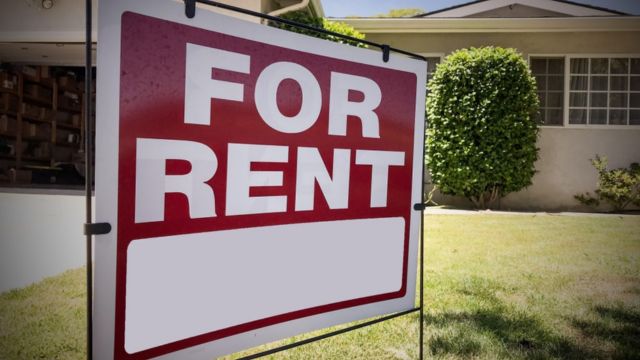Pennsylvania Rent Laws Increased: What Tenants Should Know
With rising home values and higher interest rates, many people are reevaluating when to buy a house, which has resulted in substantial changes to the housing market recently. The characteristics of the rental market have also been significantly impacted by this change in the property market. Lease rates have risen to levels not seen in years as a result.
In March, the average rent nationwide was $2,018—a 26.47% increase from 2020—putting this into context. Renters would therefore need to make around $6,700 per month or $80,720 per year to comfortably pay such prices, based on a 30% income-to-rent ratio.
Particularly in areas like Pennsylvania where rent control laws and regulations surrounding rent hikes play a major role, this substantial increase in rental expenses is an important consideration for individuals and families.
Pennsylvania’s Rent Control Program
The first important thing to remember is that Pennsylvania does not have any state-level rent control legislation. It follows that there are no restrictions on the amount of rent that landlords can charge set by the state.
It is noteworthy, nevertheless, that local governments are free to create their regulations despite the state’s lack of authority over rent control. Thus, it’s a good idea to examine the local regulations that apply to you.
To What Extent Is Rentable?

Pennsylvania gives landlords the discretion to determine how much to raise the rent. There isn’t a state-imposed cap or precise restriction. Landlords can modify rent in response to changes in the market, upgrades to the property, or other pertinent circumstances thanks to this flexibility.
When Rents Will Increase?
It’s crucial to know when a landlord may boost rent in addition to the amount. Pennsylvania allows landlords to raise rent for any reason, subject to a few important restrictions:
Appropriate Notice: Before raising rent, landlords are required to give notice to renters.
Lease Terms: Unless specifically stated otherwise, rent cannot be increased during a lease’s defined period.
Non-Discriminatory Reasons: Retaliation or discriminatory considerations cannot be the basis for increases.
When Is Rent Not Able to Increase?
In Pennsylvania, a landlord is prohibited from increasing rent in the following situations:
Mid-duration Lease Increases: During the set duration of a lease, landlords are not permitted to raise rent unless specifically stated in the lease agreement.
Discriminatory Reasons: The Federal Fair Housing Act prohibits increases based on national origin, race, gender, sexual orientation, religion, or disability.
Retaliatory Reasons: Tenants who file health or safety concerns, join tenant unions, or request repairs cannot lawfully have their rent increased by their landlords in retaliation.
Requirements for Notifying Increases in Rent
Local governments may establish their regulations on minimum notice periods for rent increases, even though Pennsylvania does not have a state statute governing this.
In the first year of a lease, for instance, rent hikes in Philadelphia require thirty days’ notice; for longer leases, it’s sixty days. Notifications about the increase must be in writing and provide precise information.
Landlords are obliged to behave in good faith, which includes giving renters enough notice, even in places where there is no minimum notice requirement.
How Often Does Rent Increase?
The frequency of rent increases by a landlord is unrestricted in Pennsylvania. The most important thing is to make sure that any increase is accompanied by enough notice, adhering to the conditions of the lease, and, if relevant, local legislation.
If you have any questions then ask freely!
